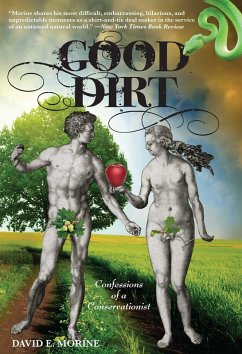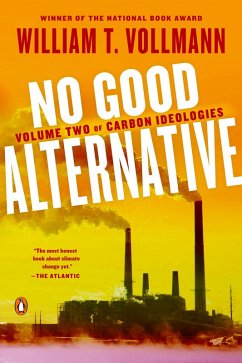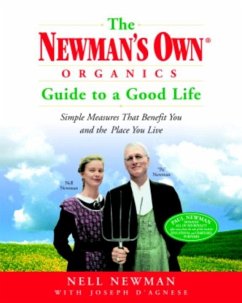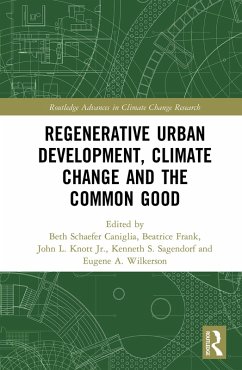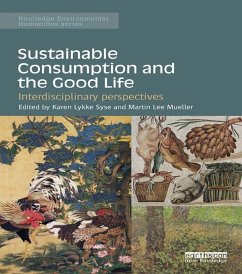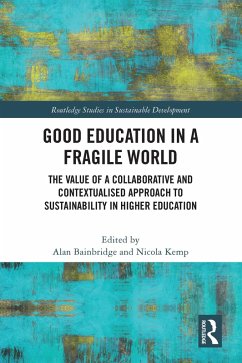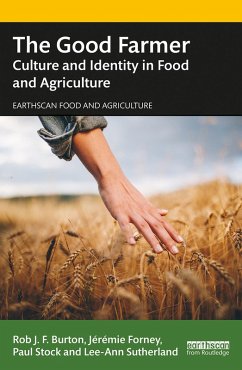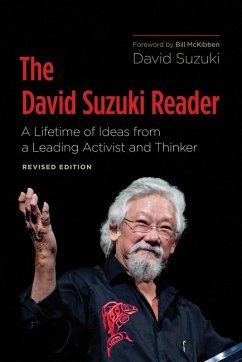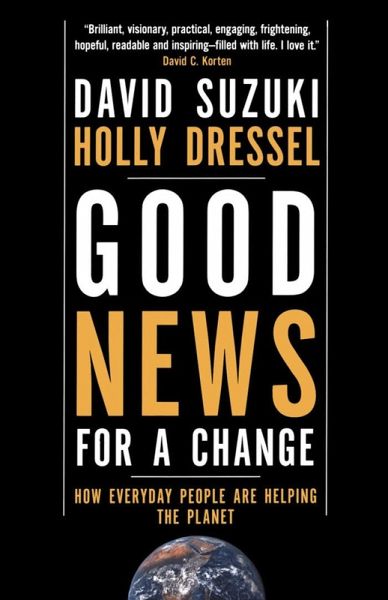
Good News for a Change (eBook, ePUB)
How Everyday People are Helping the Planet

PAYBACK Punkte
4 °P sammeln!
We all know the bad news. Every day, along with all the bulletins on social upheavals and terrorist attacks, we read reports of another animal species on the brink of extinction, of how our ocean fisheries are collapsing, and of the damage industrial development is wreaking on our soil, air and water. We drive bigger cars, eat pesticide-sprayed, genetically altered foods and consume so much energy that even rich, industrialized countries suffer power outages. We seem intent on continuing to live this way, even though many scientific experts tell us our actions are suicidal. The good news, Suzu...
We all know the bad news. Every day, along with all the bulletins on social upheavals and terrorist attacks, we read reports of another animal species on the brink of extinction, of how our ocean fisheries are collapsing, and of the damage industrial development is wreaking on our soil, air and water. We drive bigger cars, eat pesticide-sprayed, genetically altered foods and consume so much energy that even rich, industrialized countries suffer power outages. We seem intent on continuing to live this way, even though many scientific experts tell us our actions are suicidal. The good news, Suzuki and Dressel tells us, is that thousands of individuals, groups and businesses are already changing their ways. A growing number of companies are still making money while benefiting their local communities. Anti-globalization activists and Third World villagers are learning how to practice real participatory democracy and create real community. Farmers and ranchers are sharing their land with other species, including predators and pests, while still prospering. Even some governments, local and national, are starting to base economic development strategies on our collective dependency on nature, while decreasing large-scale interference in our ecosystems.
Dieser Download kann aus rechtlichen Gründen nur mit Rechnungsadresse in A, D ausgeliefert werden.





